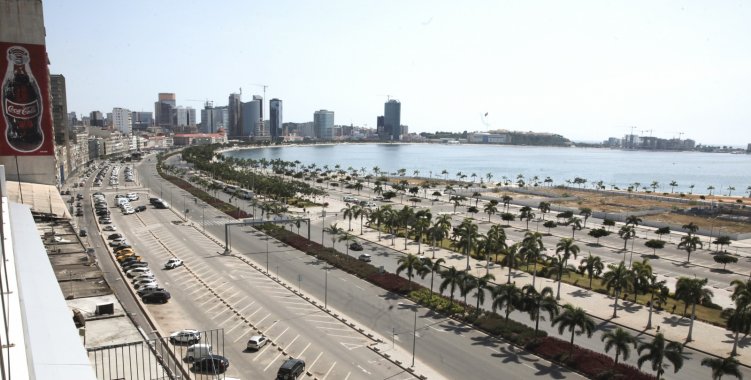"Our assessment is quite optimistic when compared with other sources that produce estimates, and, based on the most recent data, we are far from the consensus forecast [from other analysts], we anticipated growth of more than 3 percent for Angola in 2023, but looking at the main indicators and even having an optimistic estimate about the evolution of oil and growth, the final number should be lower, around 1.5 percent", said Katarzyna Rokosz.
In an interview with Lusa following the report on the world economy, released by the Department of Economic and Social Affairs (UNDESA), the economist argued that "inflation makes it difficult to assess real GDP and in the last two months the rise in prices has been out of control, therefore, there is a need to adjust the forecast".
Inflation in Angola rose to 20 percent in December, the highest value since mid-2023, and is expected to end this year at 19 percent, according to forecasts from the National Bank of Angola, released on Friday.
For the near future, UNDESA sees "promising trends" for the Angolan economy, exemplifying the expected start of production at the Cabinda oil refinery in 2025, and also highlighted the various "infrastructure projects and the intensification of cooperation with the United States of America, particularly in the Lobito corridor", which supports the GDP growth forecast of 3.6 percent for this year.
At a regional level, UNDESA predicts "modest economic growth" of 3.5 percent for Africa this year, in a context of global economic slowdown and degradation of public debt.
"Economic growth in Africa is expected to remain modest, hampered by the global economic slowdown, tightening monetary policy and budgetary conditions, and a deterioration in the debt sustainability situation", reads the report on the World Economic Situation and Prospects (WESP, in its acronym in English).
Last year, growth on the African continent was 3.3 percent, with many economies facing increases in inflation, mainly due to rising fuel and food prices, with many also experiencing currency devaluations due to the reduction exports and a limited injection of external capital.
"Despite these challenges, the African economy is expected to grow 4.2 percent in 2025", says UNDESA in the report that highlights the increase in public debt in the face of the growth of the Gross Domestic Product (GDP) and the "exorbitant debt costs" as a "significant impediment to growth prospects".
The latest estimates indicate that 18 African countries will have a debt-to-GDP ratio above 70 percent in 2023, with many of them in a situation of over-indebtedness, which makes access to and the cost of external financing more expensive and makes financing the development is "a terrifying challenge", as the cost for African countries to access international markets is up to four times higher than the cost for developed countries.
The document also notes that a weak performance in trade, the impacts of climate change and geopolitical instability also darken the prospects for the continent, which has a climate financing deficit of around 120 billion dollars per year, receiving only 2 percent of the global financing flow for green energy projects.
At a global level, UNDESA predicts that global economic growth will slow down, from an estimated 2.7 percent in 2023, to 2.4 percent this year, "tending to be below the pre-pandemic growth rate [of covid-19] of 3 percent".
"Last year's GDP growth, stronger than expected, hid short-term risks and structural vulnerabilities", reads the report, which assumes it presents "bleak economic prospects for the short term", supported by "persistence of high interest rates, a new escalation of conflicts, slow international trade and the increase in climate catastrophes", which pose significant challenges to global growth.







